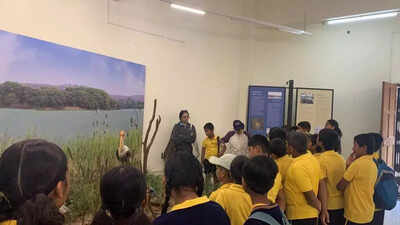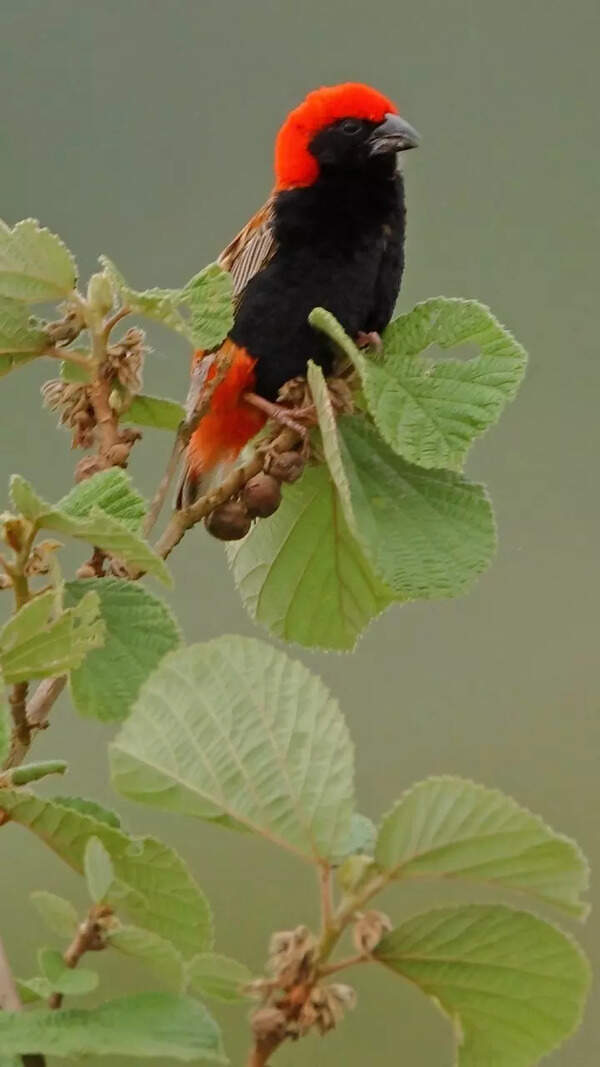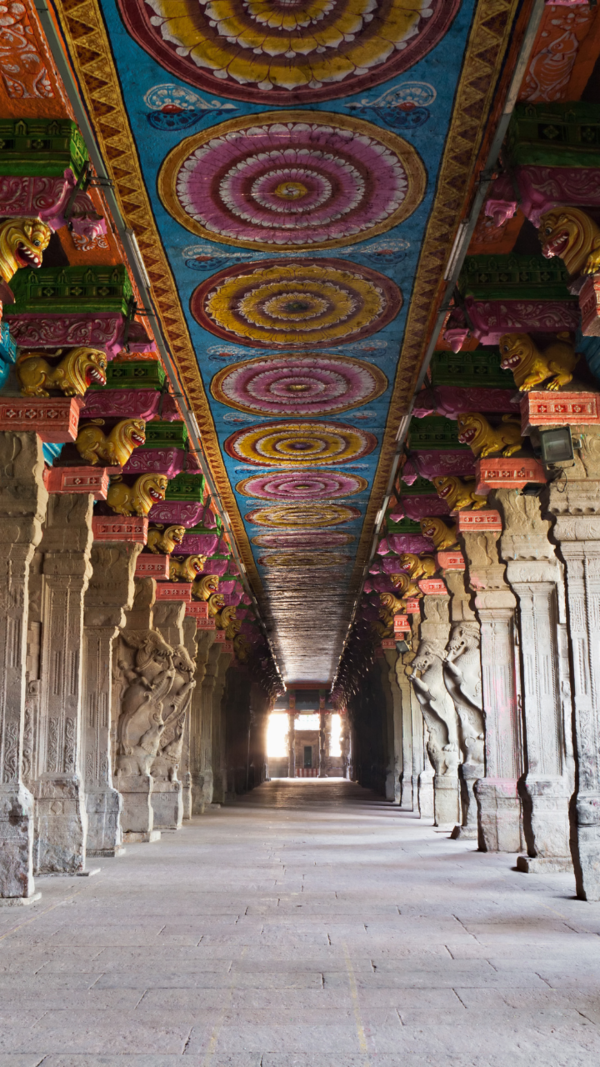Trending
Students learn about river conservation through hands-on project in schools
Pune: How much water does the mobile phone consume? Can swapping toothpaste with other alternatives make a difference in reducing river toxins? And what's the history of Mula-Mutha rivers that we cross daily in the city? These thought-provoking questions are at the heart of river curriculum project — a hands-on educational initiative by Jeevitnadi Living River Foundation.
Since 2023, this non-profit programme has been running in three local schools, with plans to expand to four more in the upcoming academic year. Students in grades VI-VIII explore the history and health of local rivers, the human impact on these ecosystems, and what we can do as urban citizens to protect them. The year-long project culminates in students adopting a 500-metre stretch of river for another year, where they clean the banks, map the trees, study the fragile ecosystem, and test the water quality — all while learning to become better guardians of their environment.
"The Nagarwala School — both day and boarding — has implemented this curriculum for standards VI and VII. In Standard VI, students engage with content and activity-based lessons, and when they move to Standard VII, they adopt a stretch of river they visit once every two months. During these visits, they participate in activities like river clean-ups, tree mapping, biodiversity assessment, and water testing. They also learn about different trees, fauna, and ecosystems the river supports. At Kalmadi High School, the curriculum is introduced in standards VII and VIII," said Shubha Kulkarni, a member of the river curriculum team, which includes Sandhya Gajendragadkar, Darab Nagarwala at the core, and 10 other active resource persons from Jeevitnadi.
Naik also mentioned a remarkable achievement, "The students, along with their music teachers, composed a river-themed song that gained national recognition. They also created a working model for collecting waste from rivers, which won many awards, including the highest award at the International Creativity and Innovation Award Competition in Vietnam."
For Sonal Gunjal, director, Vrindavan English Medium School in Sangamner, sustainability and environmental awareness are close to her heart. "I've always sought an approach that helps students to truly grasp the reason for protecting, conserving, and nurturing the environment. While these topics are covered in textbooks, they are often taught with an exam-focused mindset. I wanted my students to genuinely understand the importance of rivers in our lives so they grow up to become responsible citizens," said Gunjal, who will introduce this curriculum at her school this year.
End of Article
Follow Us On Social Media










